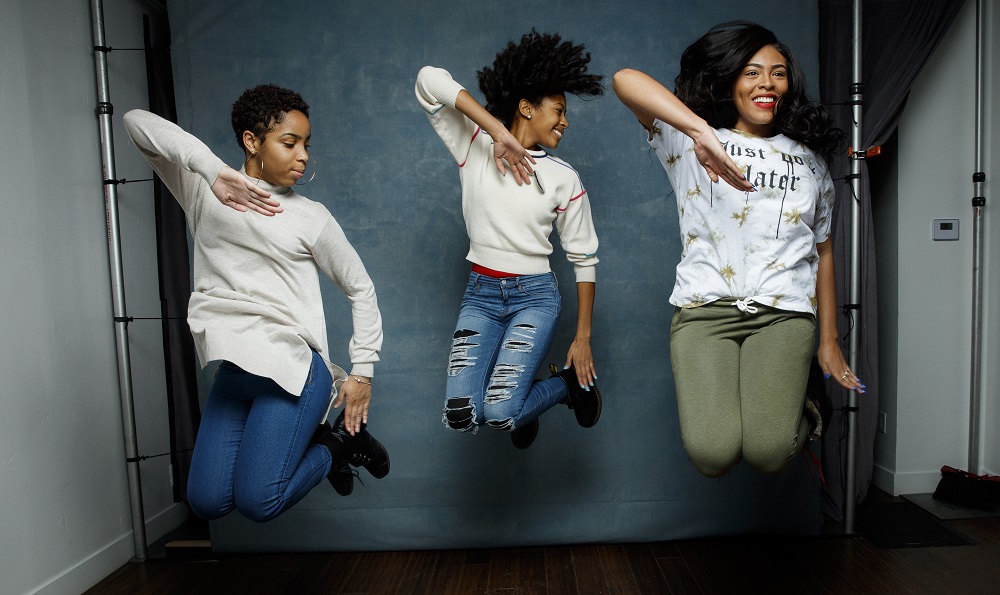
By John Black
3 ½ stars
We all go to the movies to be entertained; it’s an unexpected thrill to watch a film that also inspires you.
STEP will inspire you.
Directed by Amanda Lipitz, STEP tells the story of a group of students from the first senior graduating class of the Baltimore Leadership School for Young Women. While the primary focus of the film is on the young women’s stepping group, the movie also takes time away from the rehearsal hall and performance venues to bring viewers into the homes of the students to meet their families, hear stories about the difficult lives they lead and learn how they battle against the negative social/economic/cultural aspects of their lives every day to make a better future for themselves. As important as the step competitions are for the students, the primary reason they are in the Baltimore Leadership School for Young Women is to get into college, and it’s just as inspiring to watch the faculty and staff at the school work diligently with them to make sure their education continues.
But what exactly, one may wonder, is stepping? As we learn watching the film, it’s not a specific style of dance routine or an African American form of high school cheerleading. It is, in fact, a tradition that started during slave times as a way for slaves to communicate with each other in a language their masters could not understand. Today, according to Wikipedia, “Stepping is a complex performance that melds folk traditions with popular culture and involves synchronized percussive movement, singing, speaking, chanting, and drama. Developed by African-American fraternities and sororities, it is now practiced worldwide.”
Words like those, though, hardly capture the intensity, and intense pleasure, of stepping for these young women: All the rage, hurt, fear and joy of life outside the rehearsal hall are exorcised on the stepping floor. It doesn’t matter what they are like outside that room – shy and bookish, pretty and popular, angry and angrier – their movement becomes transformative until they all perform as a single unit. Seeing them use that energy from their routine to send a message to the audience is as compelling as any documentary you will see this year. It also will leave you inspired to see how well an educational system can work and perhaps a bit angry that the one your children are in doesn’t work as well.


